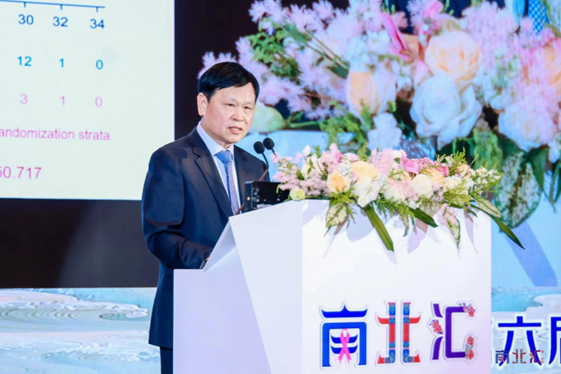
Since the advent of immune checkpoint inhibitors (ICI) for the treatment of malignant tumors, the exploration of their use in hepatocellular carcinoma (HCC) has been relentless. In 2017 and 2018, nivolumab and pembrolizumab were respectively granted accelerated approval by the FDA for second-line treatment of HCC following progression on sorafenib. However, both agents failed to meet primary endpoints in phase III clinical trials (CheckMate-459 for nivolumab and Keynote-240 for pembrolizumab) as first-line and second-line treatments respectively, which prevented them from securing a standalone role in HCC treatment. Conversely, a phase III trial in an Asian population (Keynote-394), which tested pembrolizumab as a second-line treatment compared to a placebo, reported positive results, and pembrolizumab continues to be conditionally used post-sorafenib progression. Subsequent extensive clinical research has continued to explore the role of ICIs across the entire spectrum of HCC treatment, including neoadjuvant and adjuvant therapies around curative resection, first-line therapy combining with TACE for intermediate-stage HCC, and first and second-line treatments for advanced-stage HCC. Professor Ming Zhao from the Sun Yat-sen University Cancer Center provides a comprehensive review of the recent applications of immunotherapy in HCC.







